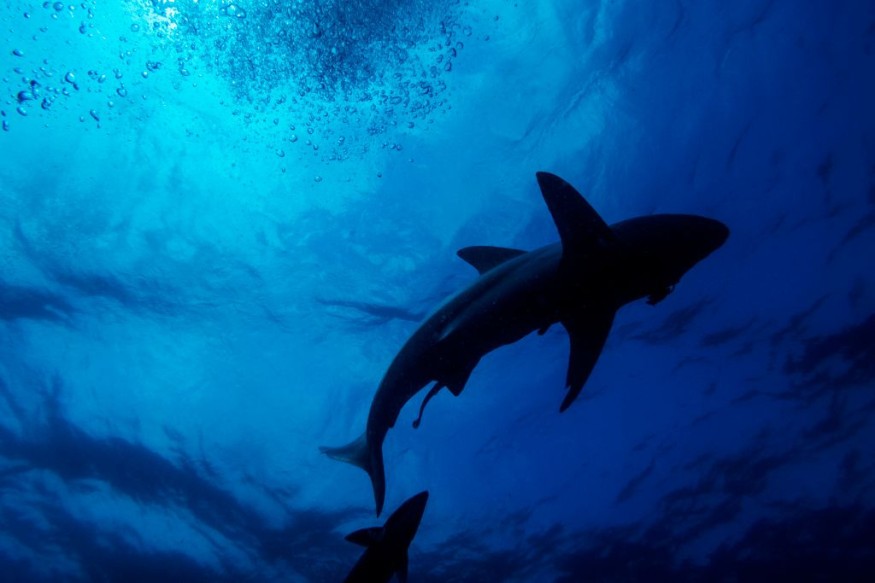A new species distribution model helped researchers to determine the impacts of rising ocean temperatures on marine animals.
Climate change is one of the main concerns in the rising ocean temperatures and heat waves. Recent reports showed that climate change could worsen and make frequent extreme weather events, including drought, hurricanes, wildfires, and heatwaves.
Predicting the impacts of heat waves and animals' responses to heat is essential to help develop possible conservation and protection plans.
As extreme weather events occur more, efficient prediction tools are essential.
New models in predicting heatwaves impact on animals

According to new research published in Nature Communications, researchers discovered that marine heatwaves could have alarming impacts on tuna, sharks and other mammals.
While aquatic animals could likely adapt, the rising temperatures could become more challenging for marine species to survive.
Recently, the ocean surface temperatures reached 101.1 degrees near Manatee Bay in South Florida. The temperature was like a hot tub.
The coral reef system is also sensitive to changing and high temperatures. Corals are essential to the marine environment, and they could have devastating effects on aquatic animals' habitats and food sources.
In the study, researchers observed the heatwaves from 2014 to 2020 over the Northeastern Pacific. They also studied the impacts on 14 different predators, such as sharks, tuna, mako, bluefin tuna, and sea lions.
Researchers discovered that 40% of great shark habitat habitats shifted from international waters to US waters due to the impacts of heatwaves.
Meanwhile, about 10 and 31% of marine habitats of yellowfin, albacore, and bluefin, also shifted to US waters due to heatwaves.
Heather Welch, the study's lead author, explained that the study's goal is to find tools to understand better how animals redistribute during the impacts of heatwaves.
Welch is also a project scientist from the UC Santa Cruz and a researcher at NOAA Fisheries.
Welch added that understanding how predators change responses is crucial, as predators help with commercial fishing.
With the increasing frequency of marine heatwaves, the report noted that commercial fishers should also adapt to prevent the possible impacts on food security.
According to the report, the adjustment to fisheries distribution is also a key to becoming climate-ready. Welch explained that developing real-time tools will also help them become more prepared.
Over 800 shellfish species with a lowered risk of extinction
According to a recent report in Nature Communications, researchers found that at least 800 species of shellfish species have lowered risks of extinction due to their marine resiliency.
The said species managed to adapt to rising and changing temperatures in the oceans. The resistance of about 800 species will not affect the food security of humans.
Related Article : Over 800 Shellfish Species Have Lowered Risk of Extinction; Experts Urged Conservation of Marine Bivalves
For more similar stories, don't forget to follow Nature World News.
© 2025 NatureWorldNews.com All rights reserved. Do not reproduce without permission.





